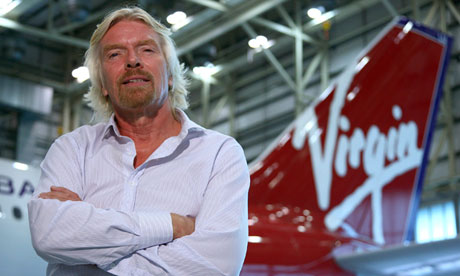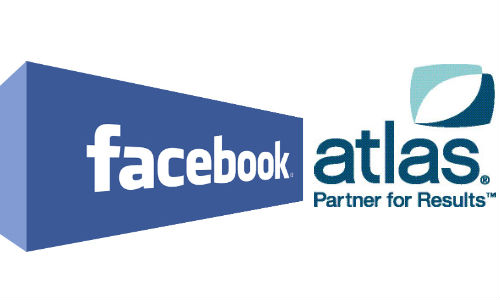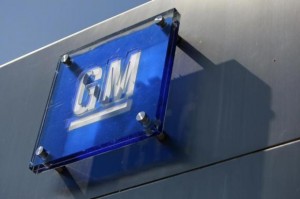The idea of having unlimited vacation days from work may seem like a dream, but not for Virgin employees. Sir Richard Branson announced that his personal staff can take as many vacation days as they would like without prior notification. Mr. Branson believes that people should focus not on the number of hours worked, but the amount of work completed, which is why they also do not implement a nine-to-five policy. With this kind of thinking, he assumes that his employees would only take vacation time when they feel that they’re completely caught up to date with their work and their absence at that time will not hurt the company. The initial idea may have been to boost employee morale, but it has done much more for the Virgin brand. Not only does it boost company moral and gives the company a positive name, it doesn’t cost any more money. Because of the media coverage, Sir Richard Branson and his Virgin brand is receiving a tremendous amount of positive publicity that is not costing them a single cent in advertising fees. From an employer’s point of view, I believe that Sir Richard Branson’s strategy is very clever. Giving employees freedom to have as many vacation days as they’d like may result in more employees choosing to stay and work in order to keep up and produce the highest quality work. Other employees may choose to forego some vacation time in order to stay to gain an advantage over their co-workers.
Source:
http://www.bbc.com/news/business-29356627
Image:
Cattermole, Gareth . Richard-Branson-boss-of-V-010. Web. 1 Jan. <http://www.theguardian.com/business/2012/dec/02/delta-singapore-airlines-virgin-atlantic>.


